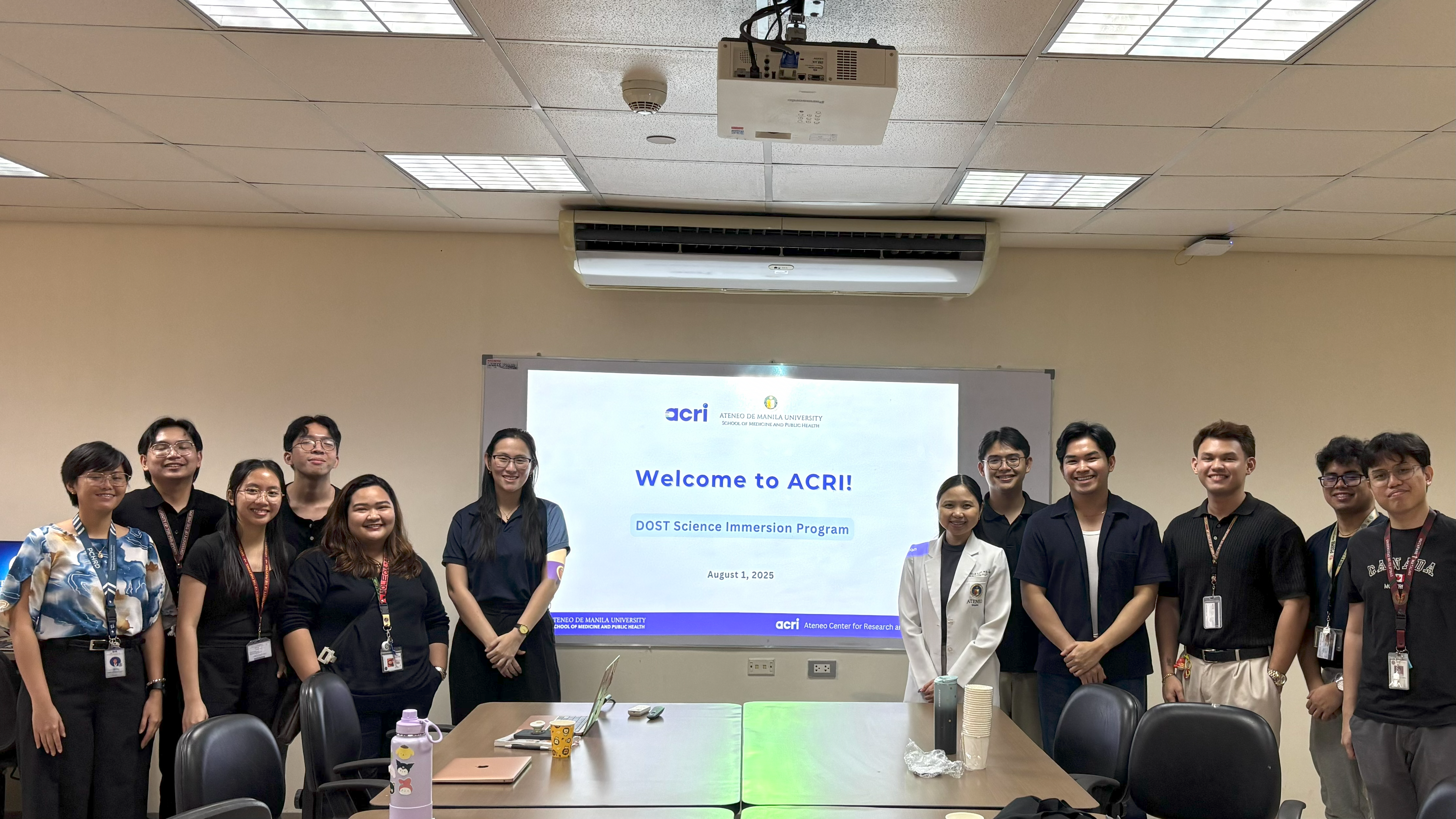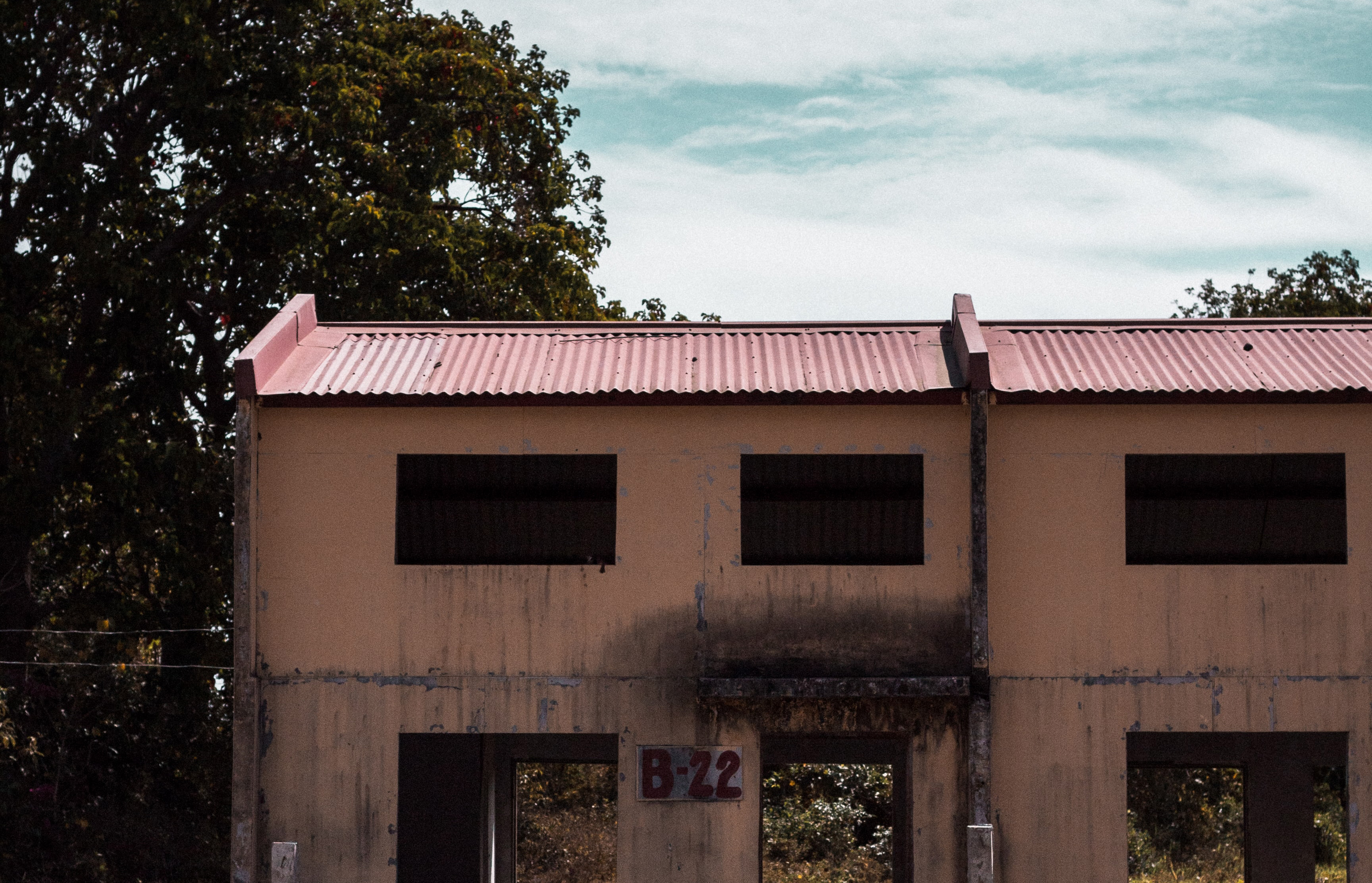
Identifying the Learning Needs of Primary Care Physicians in Remote Rural Communities Using an Ethnographic Approach
The Philippines currently has a fragmented primary care system with weak preventive and promotive aspects. Modelled on American medical curricula, the Philippine medical education system is decidedly urban-based, specialist-oriented and hospital-centric. As a consequence, undergraduate medical education does not sufficiently prepare graduates to function effectively as primary care physicians (PCPs), particularly to work in the country’s remote, rural provinces (where 55% of the population reside). In order to develop a postgraduate programme for rural PCPs it is paramount to gain insights into the experiences of rural PCPs, to map out the roles and functions of PCPs and to establish which competencies need to be developed.
-

UP Manila MD-PhD Scholars Visit ACRI for Science Immersion Program
ACRI recently welcomed MD-PhD scholars from UP Manila’s Molecular Medicine Program for a day of learning, lab tours, and discussions on future collaborations as part of DOST-PCHRD’s Science Immersion Program.
-

Transforming Primary Healthcare in the Philippines: An Innovative Pilot Postgraduate Professional Development Program for Primary Physicians in the Province of Northern Samar (The “iPRIME” Project)
This project, funded by Newton Fund and the British Council, aimed to strengthen the training of the primary physician.
